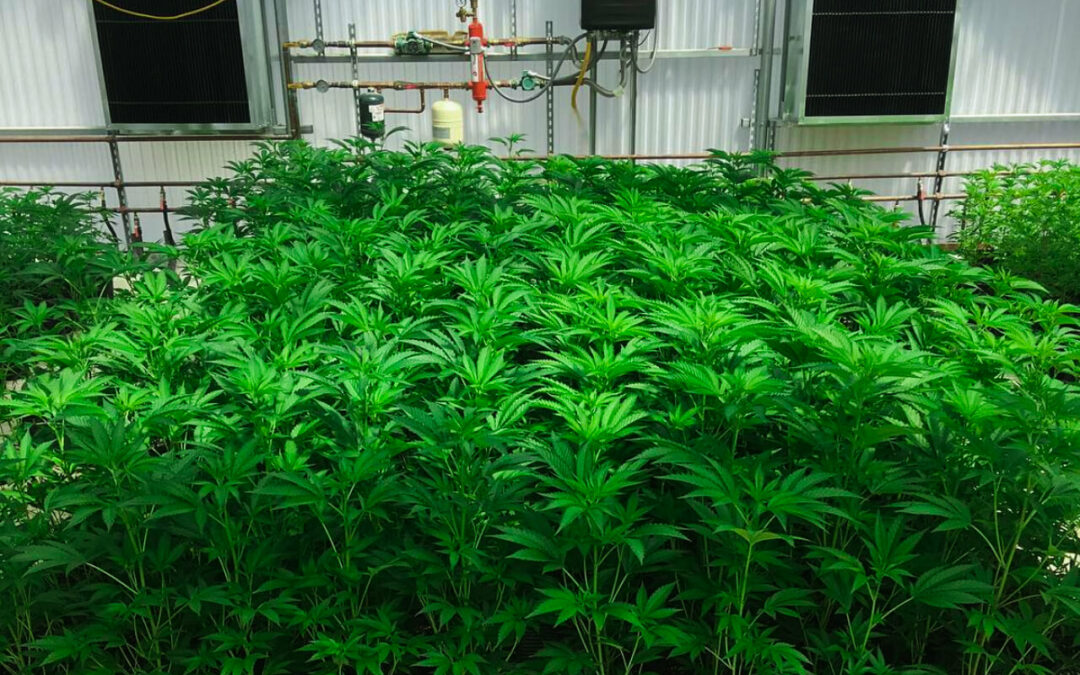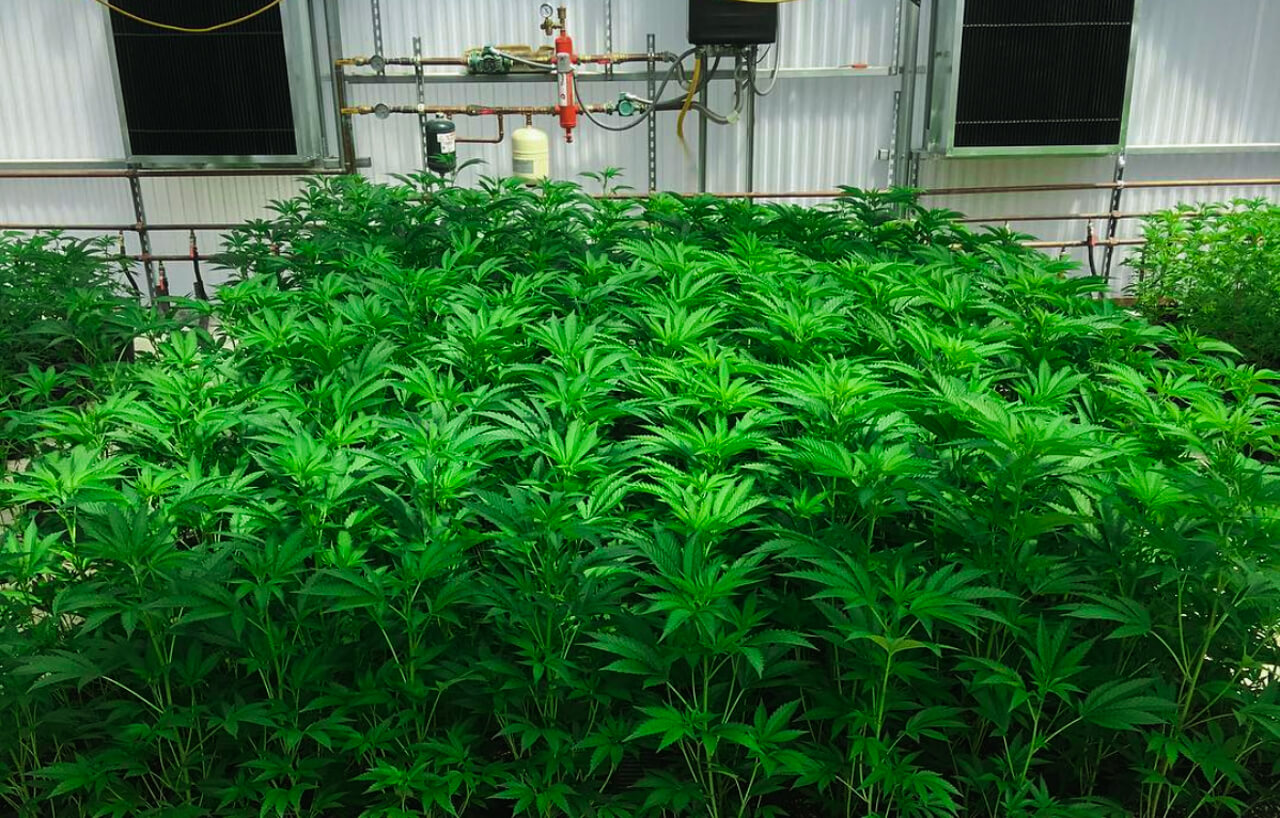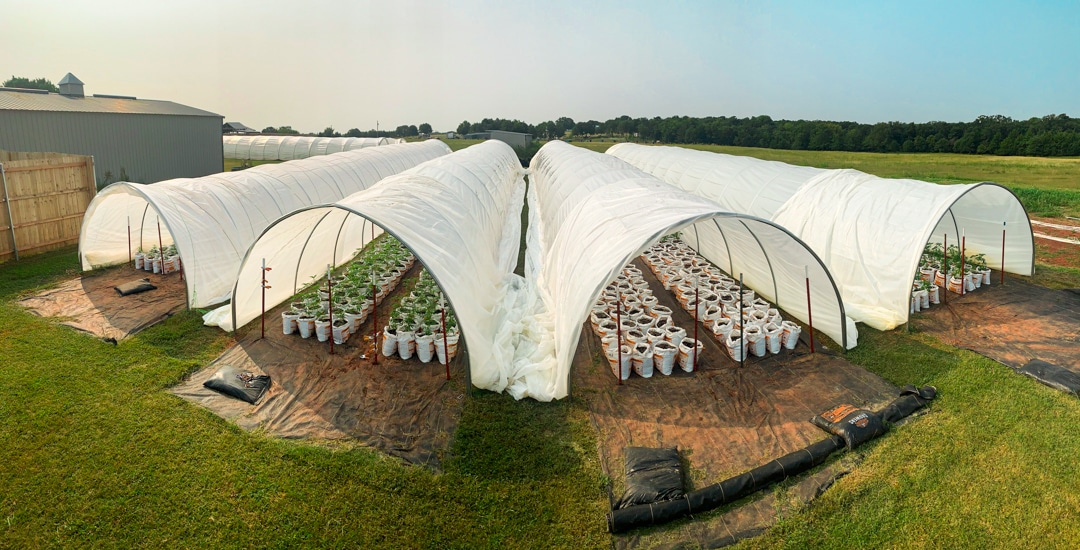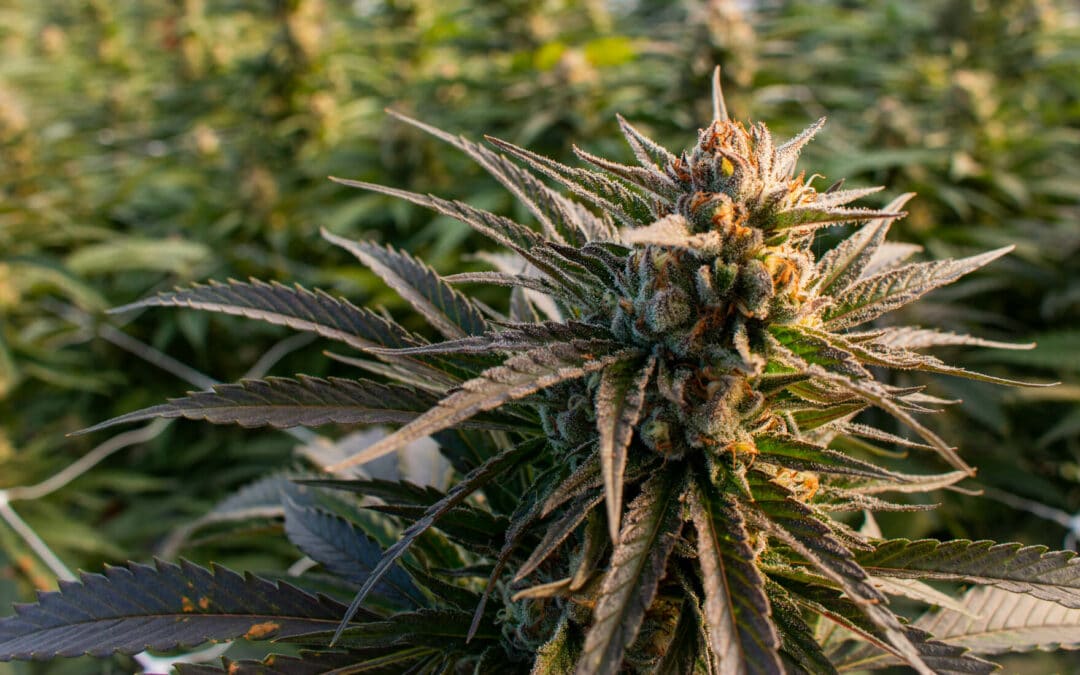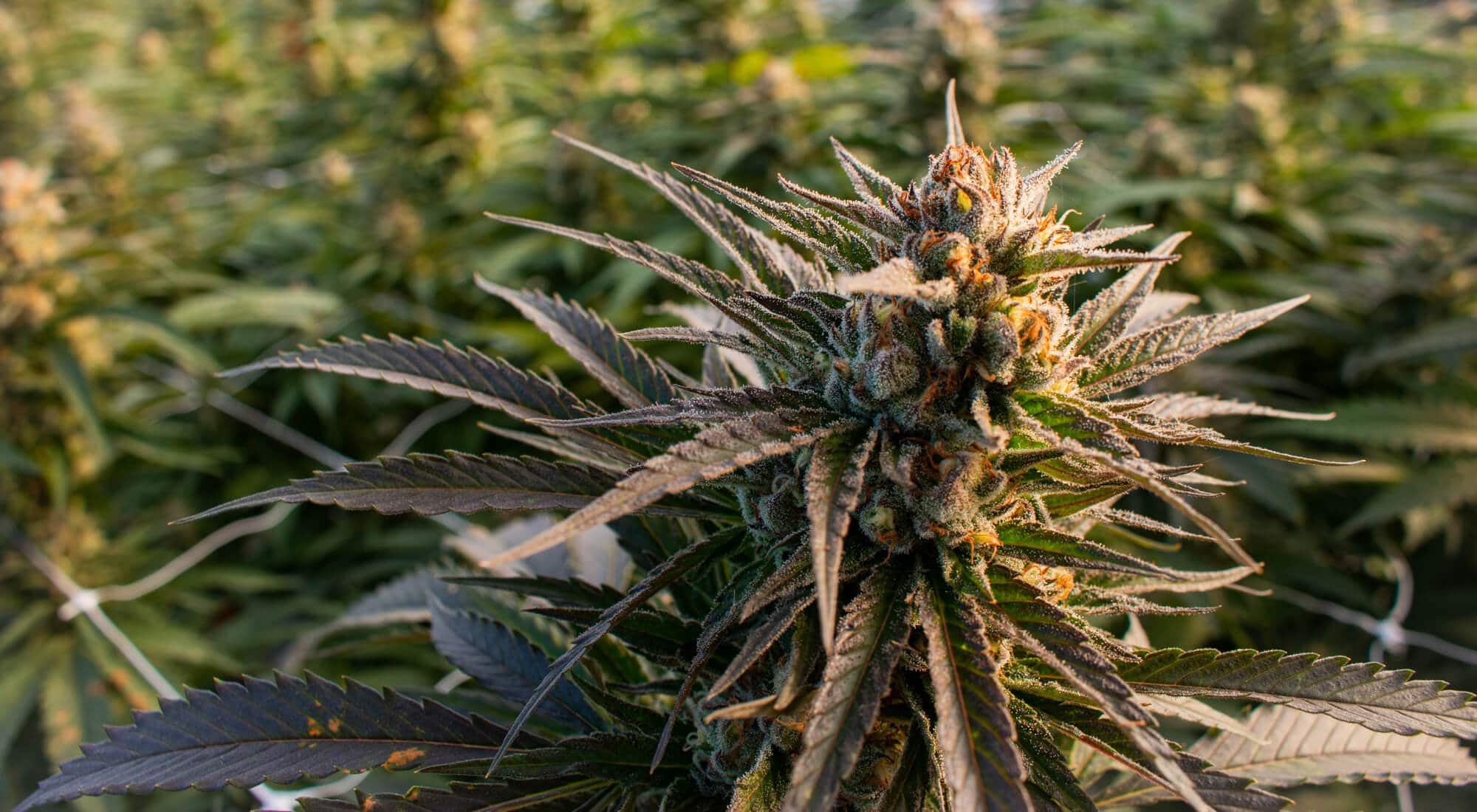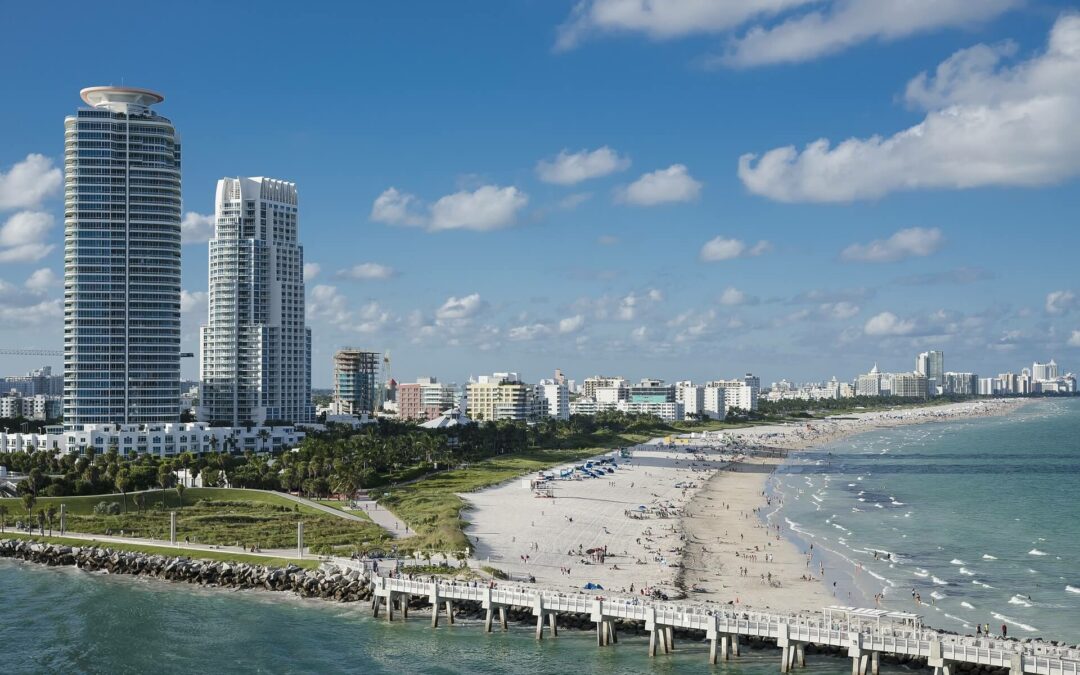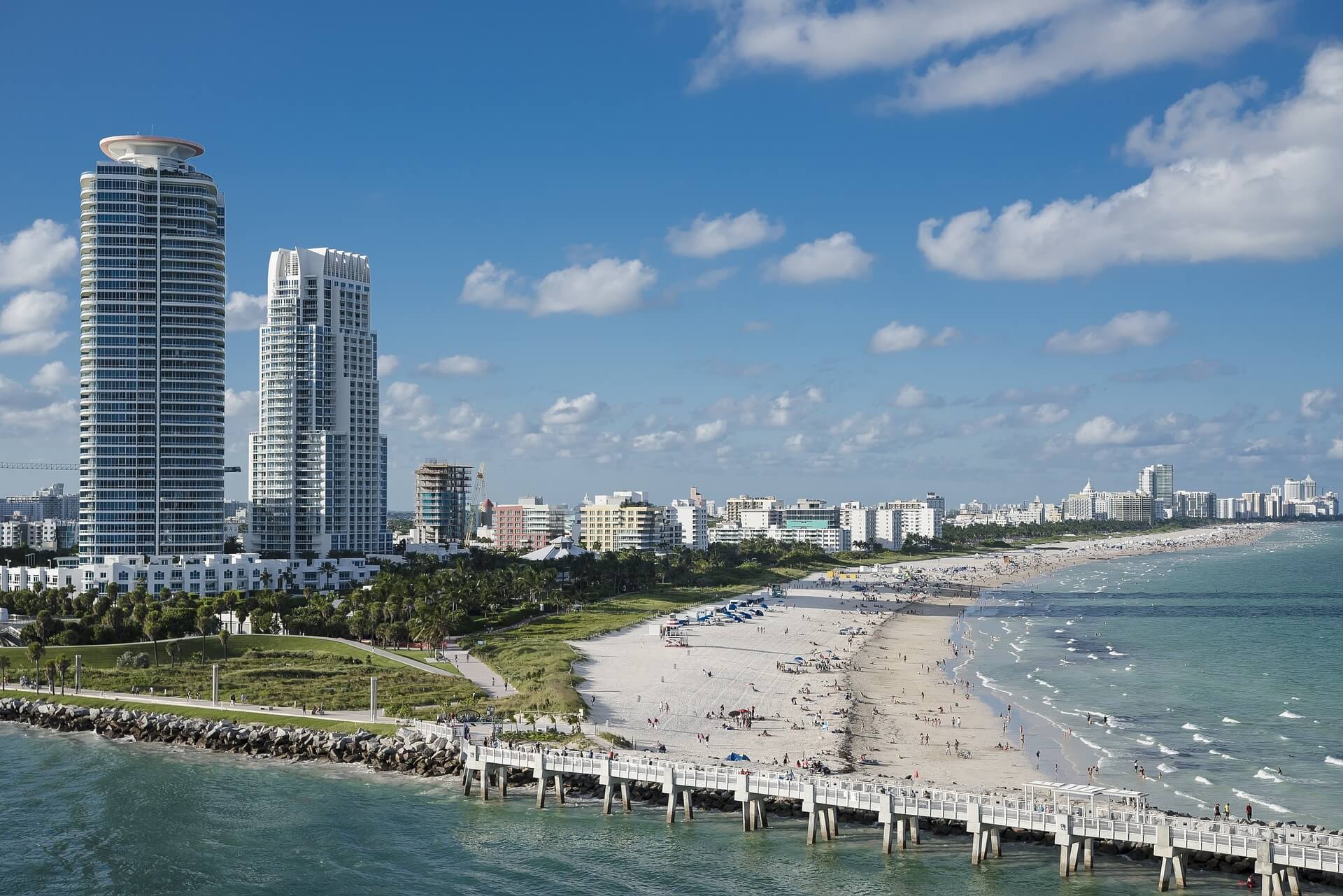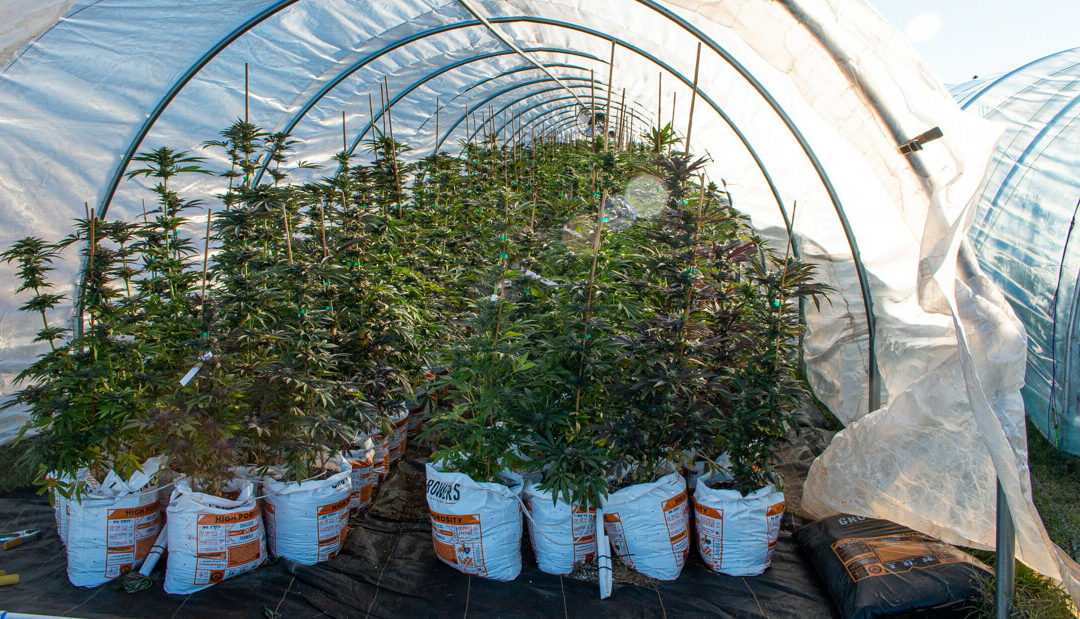
New Jersey cannabis legalization approved by state legislature
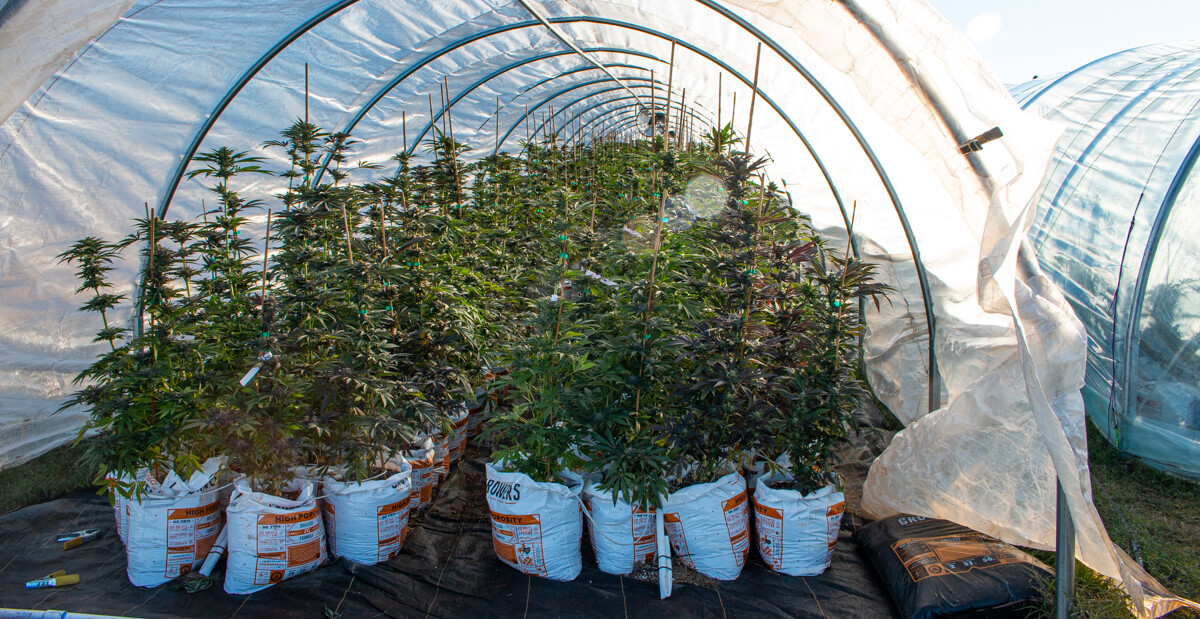
The measure now heads to Gov. Phil Murphy, who is expected to sign the legislation
Recreational adult-use marijuana is just a signature away from becoming legal in New Jersey after both houses of the state legislature passed legislation on Thursday to decriminalize and legalize the industry.
The measure now heads to the desk of Gov. Phil Murphy, who is expected to sign the bill into law.
The bill creates the organizational and regulatory system needed to oversee the industry in New Jersey. It will direct 70% of all sales tax revenue generated and all “social equity excise fees” on cultivators toward communities that have been most adversely-impacted by drug laws.
The other 30 percent of all sales tax revenue generated will go toward the operations of the Cannabis Regulatory Commission, as well as to support state, county and municipal law enforcement.
The five-member Cannabis Regulatory Commission will be tasked with governing the industry in New Jersey. It will include three members appointed by Murphy and one each nominated by Senate President Steve Sweeney and Assembly Speaker Craig Coughlin.
The measure will cap the number of statewide cannabis facilities at 37 for the first two years. Towns will be allowed to prohibit marijuana businesses in their communities, and those who choose to allow such businesses to operate will be permitted to collect and keep a 2% tax.
The legislation will provide for certain criminal and civil justice reforms, including the elimination of criminal penalties for marijuana possession. It will also regrade the unlawful distribution and possession of less than five pounds of marijuana or less than one pound of hashish.
Law enforcement officers across the state made over 24,000 arrests, or one every 22 minutes, for cannabis possession in 2012, which was more than in the previous 20 years. Marijuana possession arrests also made up for three out of every five drug arrests that year, according to Assembly Democrats.
Distribution of less than five pounds, but at least one ounce or more, of marijuana or distribution of less than one pound, but at least five grams or more, of hashish is punishable as a crime of the third degree under current law. Offenders can face imprisonment of 3-5 years and/or a fine of up to $25,000.
Smaller distribution amounts of less than one ounce of marijuana or less than five grams of hashish is punishable as a crime of the fourth degree under current law. Offenders can face up to 18 months in prison and/or a fine of up to $10,000.
The bill also includes business incentives for minorities, women and disabled veterans to help them partake in the industry.

